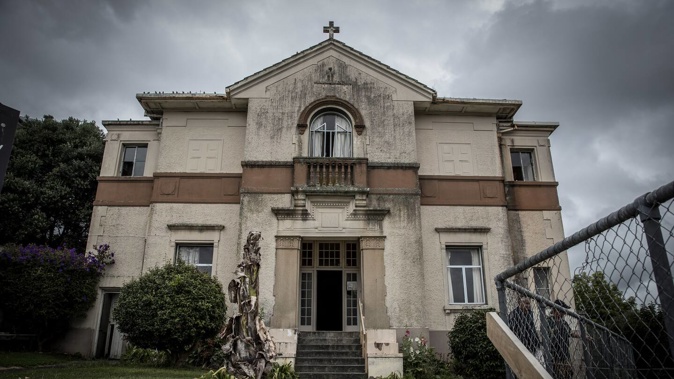
A damning annual report by Auckland Council's boarding house inspectors shows out of 44 properties suspected to be breaking the law, 40 were “operating unauthorised transient accommodation or boarding houses.”
It also said government agencies were recommending clients move into the illegal boarding houses. Many had issues, including fire safety breaches, growing numbers of gang-affiliated guests, and owners questioning council authority.
In the latest update of the Proactive Boarding House Inspection Programme, Council Compliance Manager Adrian Wilson told the Regulatory and Community Safety Committee several properties were large homes illegally converted to create space for more residents and did not meet fire safety and building performance standards.
“They were given permission to be a dwelling,” Wilson said.
"And now we find that they’ve got twenty bedrooms, and five bathrooms - they’d expanded them and become effectively boarding houses.”
Because of bed shortages, and difficulty finding short-notice accommodation, the programme said Work Income New Zealand (WINZ) and the Department of Corrections referred residents to several of the illegal boarding houses.
The report said, without an official register of legal boarding houses, it was difficult for the agencies to know, “whether a property is legal or compliant”.
The report also said the number of gang-affiliated occupants was growing, mitigated only by “arranging for Police to accompany staff on inspections”, while inspectors were encountering more large-scale housing providers refusing entry, and “challenging the basis of [council] assessments, findings, or legislative interpretation”.
While it acknowledged the overall ‘poor’ standard of the properties, it avoided closing the boarding houses, “due to the lack of alternative accommodation for tenants”.
“Sometimes boarding houses are the last resort for people,” Wilson said, “we have people that are in boarding houses now that we don’t think are particularly brilliant, but the next place is the streets.”
The report outlined a ‘trend’ in larger boarding houses being used as live-in rehabilitation clinics or centres, and Wilson noted many guests, “have mental health issues.”
“This type of operation is difficult to detect,” the report said, “and relies on complaints generally related to overcrowding and parking being reported by the community.”
It also said more accommodation providers were creating portfolios of properties and running them like a ‘commercial enterprise’.
“One accommodation-provider operates from at least three separate residential addresses whilst marketing individual rooms as a hotel,” it said.
Wilson said they were often hearing of issues in communities with the boarding houses, but re-iterated the bounds of council’s role.
“We deal with the premises and the operation of the business, we don’t deal with the behaviour of the residents outside of the premises and that’s never been the council’s responsibility.”
Auckland Mayor Wayne Brown extended, “a great deal of sympathy” to Wilson at the meeting for the job he did, and said branches of government were working against each-other.
“The streets are not safe because of these people,” he said, “it needs some sort of joined up rule-making.”
“It’s exacerbating, I’ve been pushing this and nobody accepts any responsibility for the bit outside of what they’re in-charge of. And yet, there’s a problem,” Brown said.
He called out the Ministry of Housing and Urban Development particularly “for the damage they’ve done on the street by turning a hotel into a hostel for 501s.”
The report addressed these concerns, calling for a multi-agency approach to the issue.
It said enforcement action was taken in almost all cases where boarding houses were operating illegally, while 14 were still under investigation, and four were referred to MBIE over legal interpretations, with a fifth anticipated in the near future.
Over two years, the programme visited 72 properties, with 99 on an ongoing monitoring list. Visits were prioritised based off perceived urgency taken from input from other agencies like Fire and Emergency New Zealand (FENZ) and the Ministry of Business, Innovation & Employment (MBIE).
If it believed there was an imminent risk, the programme would organise an immediate inspection rather than giving the 5-10 day notice prior to inspecting it.
Jordan Dunn is a multimedia reporter based in Auckland with a focus on crime, social issues, policing, and local issues. He joined Newstalk ZB in 2024 from Radio New Zealand, where he started as an intern out of the New Zealand Broadcasting School.
Take your Radio, Podcasts and Music with you









